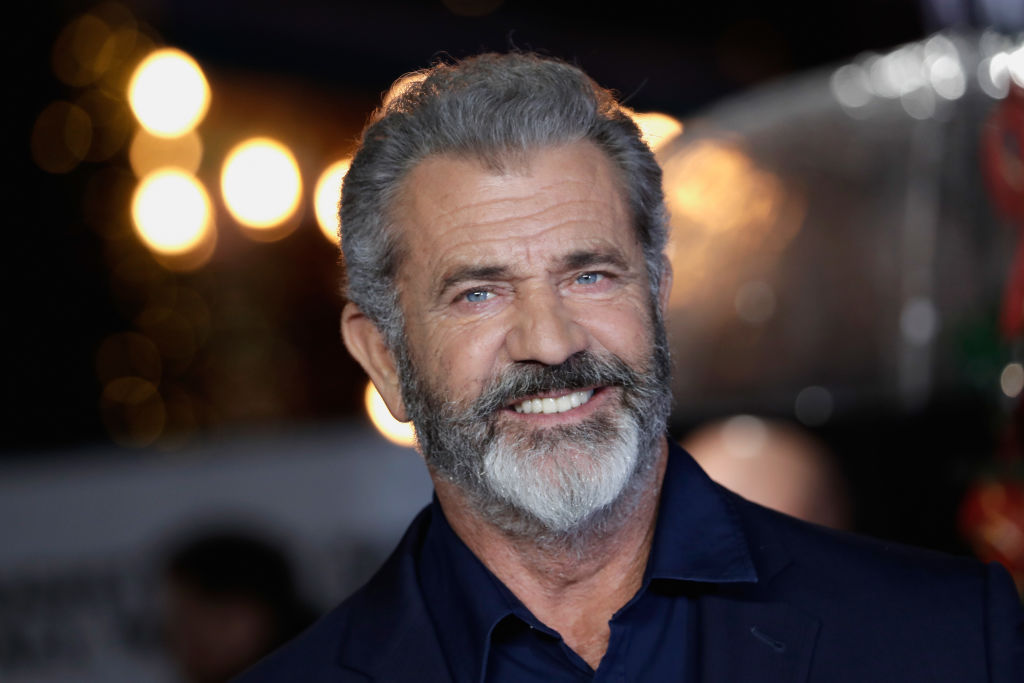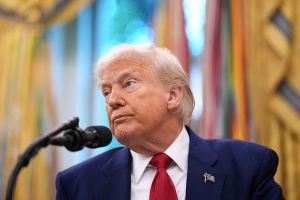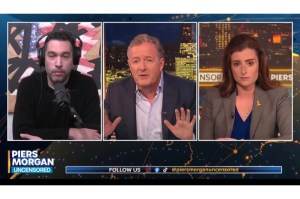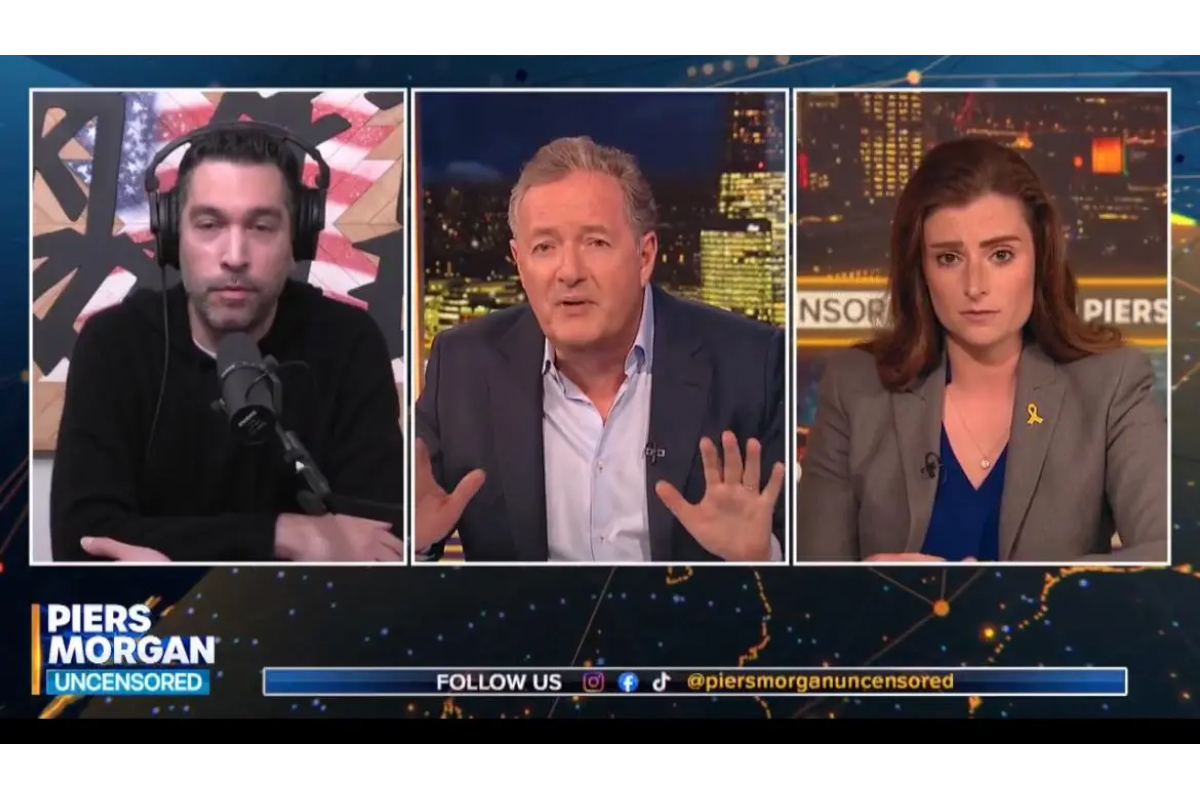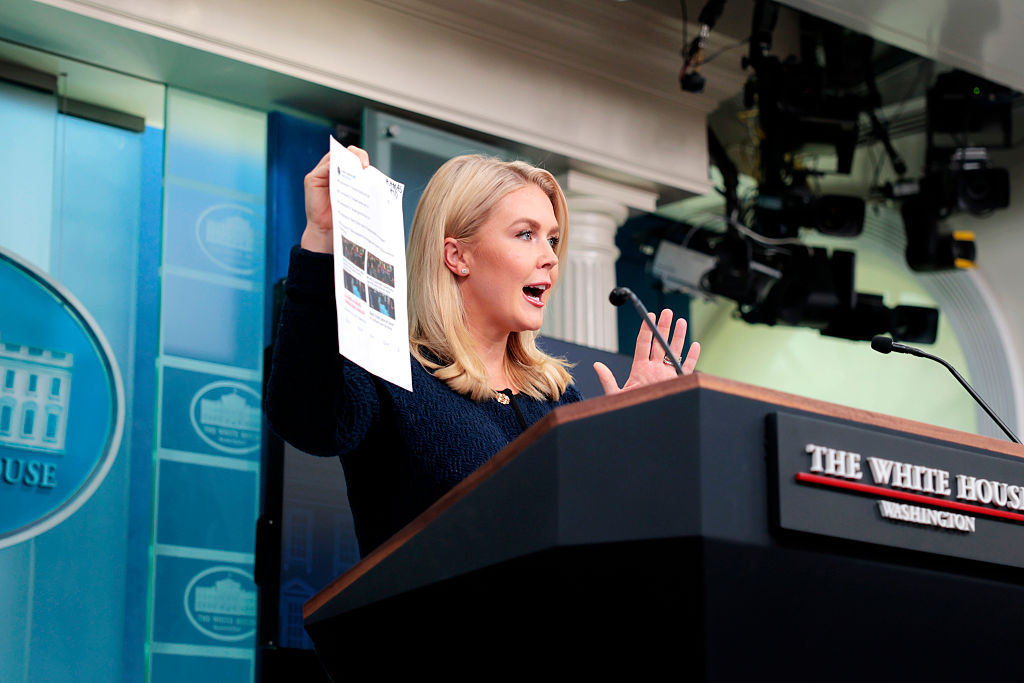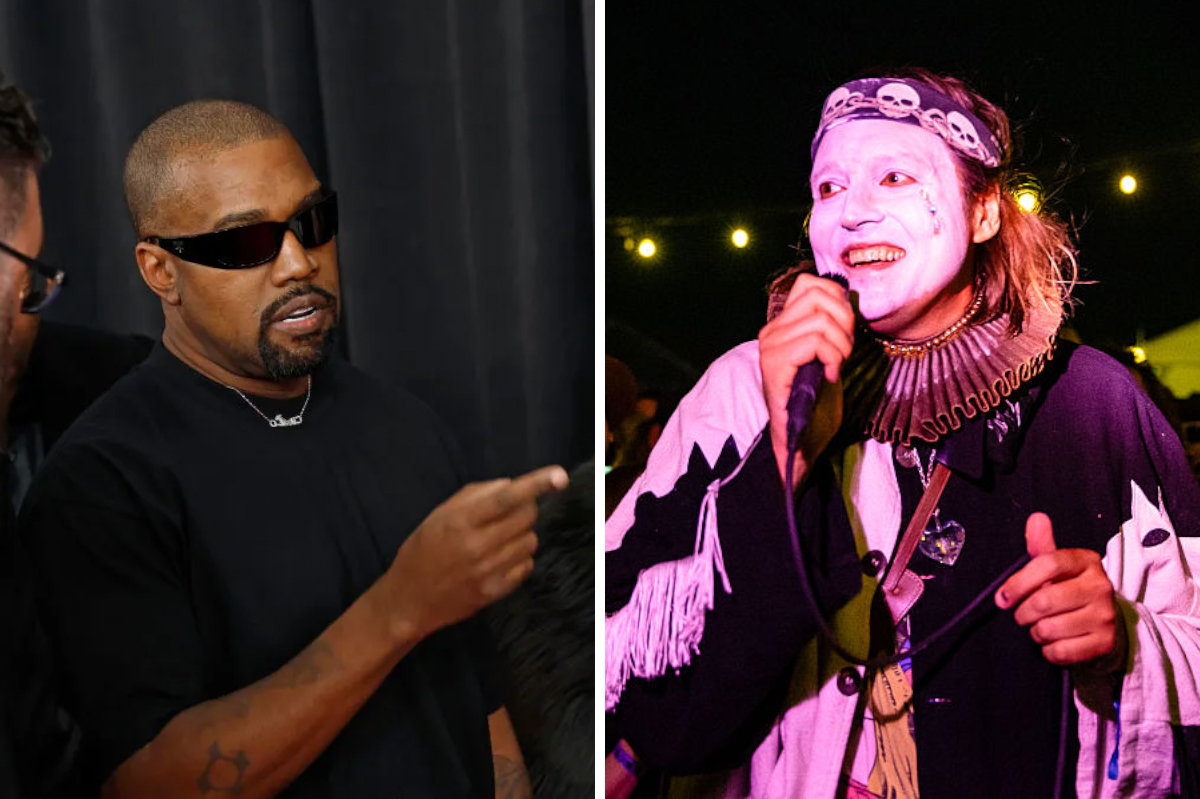News that the John Wick spin-off TV series The Continental has cast its lead actor has produced an unusual amount of vitriol. Was this because it was not an actor of color, a trans performer or some other member of a minority? No: it was because it was Mel Gibson, the walking bête noire for liberals in Hollywood. As many other outspoken conservative or simply unsavory figures (hello, Kevin Spacey! Greetings, Armie Hammer!) have found their careers curtailed for their antics, Mel Gibson’s continued ability to book high-profile acting roles has driven the sharp-fingered mob of social media into a frenzy of disdain.
Granted, Gibson’s star has waned considerably since his heyday in the Eighties and Nineties. For a long time, he was one of the major leading men in Hollywood, combining action-man charisma with comic skills that turned such vehicles as Lethal Weapon and Maverick into box office hits. He also revealed remarkable talent as a director, both in the Oscar-winning epic Braveheart and in the self-funded biblical horror film The Passion of the Christ, which turned him into an almost obscenely wealthy man.
He needed the money for the wilderness years that followed, when his career imploded not once but twice. The first time was in 2006 when Gibson, arrested for a DUI charge, launched into an anti-semitic rant in which he claimed “the Jews are responsible for all the wars in the world.” After several years of apologies, reparations and a tentative return to leading roles, Gibson was then recorded shouting abuse at his former partner Oksana Grigorieva, and was accused of domestic violence. Even before the advent of #MeToo, there seemed to be no comeback for him. Mel Gibson’s career was over.
Except, it transpired, it wasn’t. He retained powerful friends in the industry, not least Robert Downey Jr., whom Gibson had sponsored and mentored when Downey Jr had been in the grip of drug addiction. He began to take roles in silly films such as Machete Kills and The Expendables 3, but he was still working, even in diminished form. And then he directed the film Hacksaw Ridge, which was both a box office success and — almost unbelievably — saw him nominated for Best Film and Best Director at the Oscars in 2017. His presence at the ceremony was greeted with anger by many. How dare he, they cried, how dare Hollywood redeem him! But the answer was an unsentimental one. Gibson’s film was good, and it had made money. He was back, baby, whether people liked it or not.
The actor is now in the curious position of being near-constantly in work, but with most of the projects being dispensable B-movie fluff. (The most intriguing of his post-cancellation projects, the Simon Winchester adaptation The Professor and the Madman, descended into rancor and post-production legal action.) Yet he’s still a major name, and if his much-heralded Wild Bunch remake ever comes off, he will have another A-list directorial project to occupy him. It is therefore unsurprising that, whatever the allegations against him, he can afford to be casually dismissive of them rather than grovelingly apologetic. As he put it, “I’m sober, all of that kind of stuff, and for me it’s a dim thing in the past. But others bring it up, which kind of I find annoying, because I don’t understand why after 10 years it’s any kind of issue.”
To find the brouhaha about one’s cancellation “kind of annoying” is a bold step in our current climate. But for all the vitriol hissed at Gibson by keyboard warriors and opinion formers, one fact remains salient. He’s still in work, and shows no signs of going anywhere. It is testament to the most remarkable career resurrection since — well — The Passion of the Christ, and proof that, sometimes, you can’t keep a major star down. Hammer, Spacey et al will no doubt be taking note.



